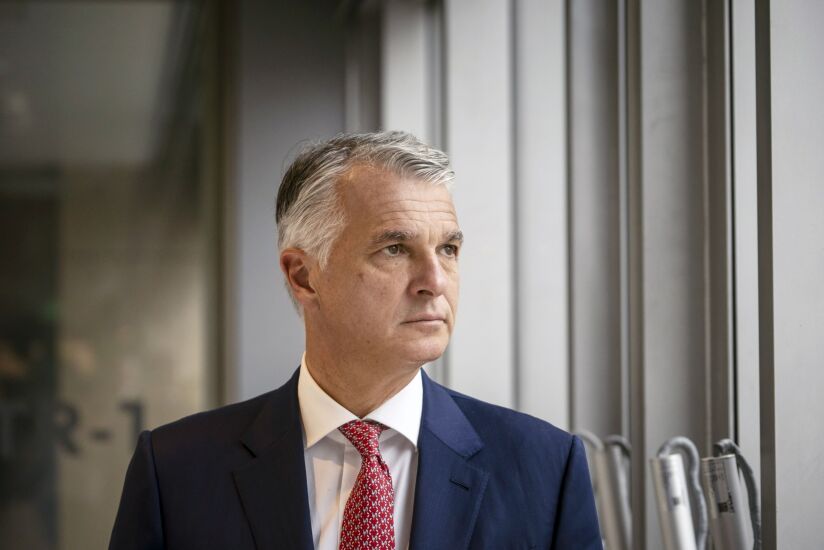UBS's wealth management unit welcomed $22 billion in net new client money in its third quarter, about $3 billion of which came from its former rival Credit Suisse.
Even so, UBS CEO Sergio Ermotti said in an earnings call on Tuesday that not everything has been a gain from his firm's acquisition of Credit Suisse in June. All told, over the past year, there has been an exodus of about 500 client advisors and roughly $20 billion in assets they had under management.
"And let's say that we're going to lose further assets because some of those people just left more recently, and we're going to see some outflows later on," Ermotti said. "But we are totally convinced that it's not going to be a multiple of that $20 billion, the future outflows. And we are working hard to recapture some of it."
For all of its businesses, UBS reported a total net loss of $785 million for the quarter, driven in part by $2 billion in costs from its acquisition of Credit Suisse in June. The Zurich-based bank said it expects to log another $1 billion in costs from that purchase in the fourth quarter.
The strong results for UBS's wealth management unit came even as it decided to offload $5 billion worth of assets it manages for high net worth clients. UBS is going through the pieces of the former Credit Suisse to figure out which are least in line with its risk tolerances and business plans and are worth jettisoning.
Besides the $5 billion UBS is consigning to a wind-down unit called Non-core and Legacy, it's classifying $30 billion as "related to non-strategic relationships." About half of that is expected to be offloaded by the end of 2026.
For more highlights from UBS's third-quarter earnings, scroll down. To read about the second quarter,






